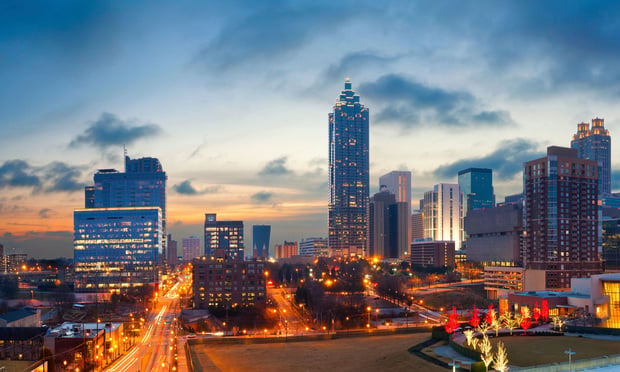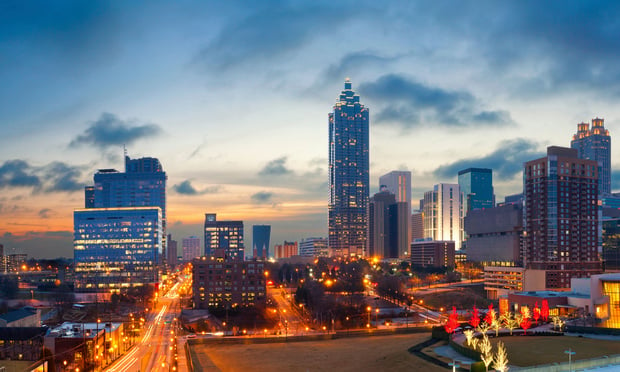
ATLANTA—BBQ ribs can be messy, but food hall lease negotiations can be all out sticky. GlobeSt.com caught up with Jeremy Cohen, a partner at national commercial real estate firm Hartman Simons, to get his take on these and other food hall lease issues in part two of this exclusive interview. You can still read part one: How Red Hot Food Hall Concepts Are Changing the Development Scene.
GlobeSt.com: What other sticky issues tend to come up during negotiations?
Cohen: Similar to mall food courts, there are a lot of operational issues concerning food halls that arise during lease negotiations. Let's face it, today's food halls are supposed to be upscale, clean and a hip place to be seen. So, where does all of the trash go as restaurants and their patrons create an inordinate amount of garbage? What about recycling?
Everyone wants to be green today. Where do the chairs and tables get stored? What are the systems in place to tackle the food odors? And who operates the food hall, the landlord or a third-party manager?
These are important operational issues that have to be agreed upon, because all of this is very labor intensive and needs to take place 24/7. The lease must specify how the landlord will manage the food hall efficiently and then separate the various operating expenses between all of the restaurant owners.
What if one restaurant uses more napkins than another restaurant? For example, the restaurant that specializes in BBQ ribs will have customers who eat ribs and use significantly more napkins than a restaurant that serves tapas on tiny plates where customers eat with a fork. Should the BBQ restaurant pay more for trash removal than the other restaurant owner because they are clearly generating more trash?
Another important operating issue is plumbing. Restaurants use a lot of water in food prep and cleaning. Does each restaurant have its own water submeter? All of this adds up to a lot of extra costs. So, we will work with our clients to make sure their pro forma anticipates all of these additional costs and the best way to evenly distribute the same amongst the restaurant operators.
GlobeSt.com: How do food hall leases differ from brick and mortar restaurant leases?
Cohen: A typical lease for a standalone restaurant provides that the tenant will maintain not only their building and everything located therein, but the entire property as well. As a result, the landlord often does not have to be involved with the operation at all, and the lease is similar to typical retail leases.
With food hall leases, while we start with the same retail form of lease, we need to attach a food hall addendum or rider which addresses issues unique to the operation of the food hall, such as common seating areas, common trash areas and common recycling. Contrasted with the restaurant located on its own parcel, a landlord has a lot more operational responsibility in a food hall lease which requires investing a lot more time to understand and negotiate the lease with the tenant.
(Find out how technology optimizes retail site selection. And how will retail evolve in 2018? Here's one take.
Want to continue reading?
Become a Free ALM Digital Reader.
Once you are an ALM Digital Member, you’ll receive:
- Breaking commercial real estate news and analysis, on-site and via our newsletters and custom alerts
- Educational webcasts, white papers, and ebooks from industry thought leaders
- Critical coverage of the property casualty insurance and financial advisory markets on our other ALM sites, PropertyCasualty360 and ThinkAdvisor
Already have an account? Sign In Now
*May exclude premium content© 2025 ALM Global, LLC, All Rights Reserved. Request academic re-use from www.copyright.com. All other uses, submit a request to [email protected]. For more information visit Asset & Logo Licensing.








